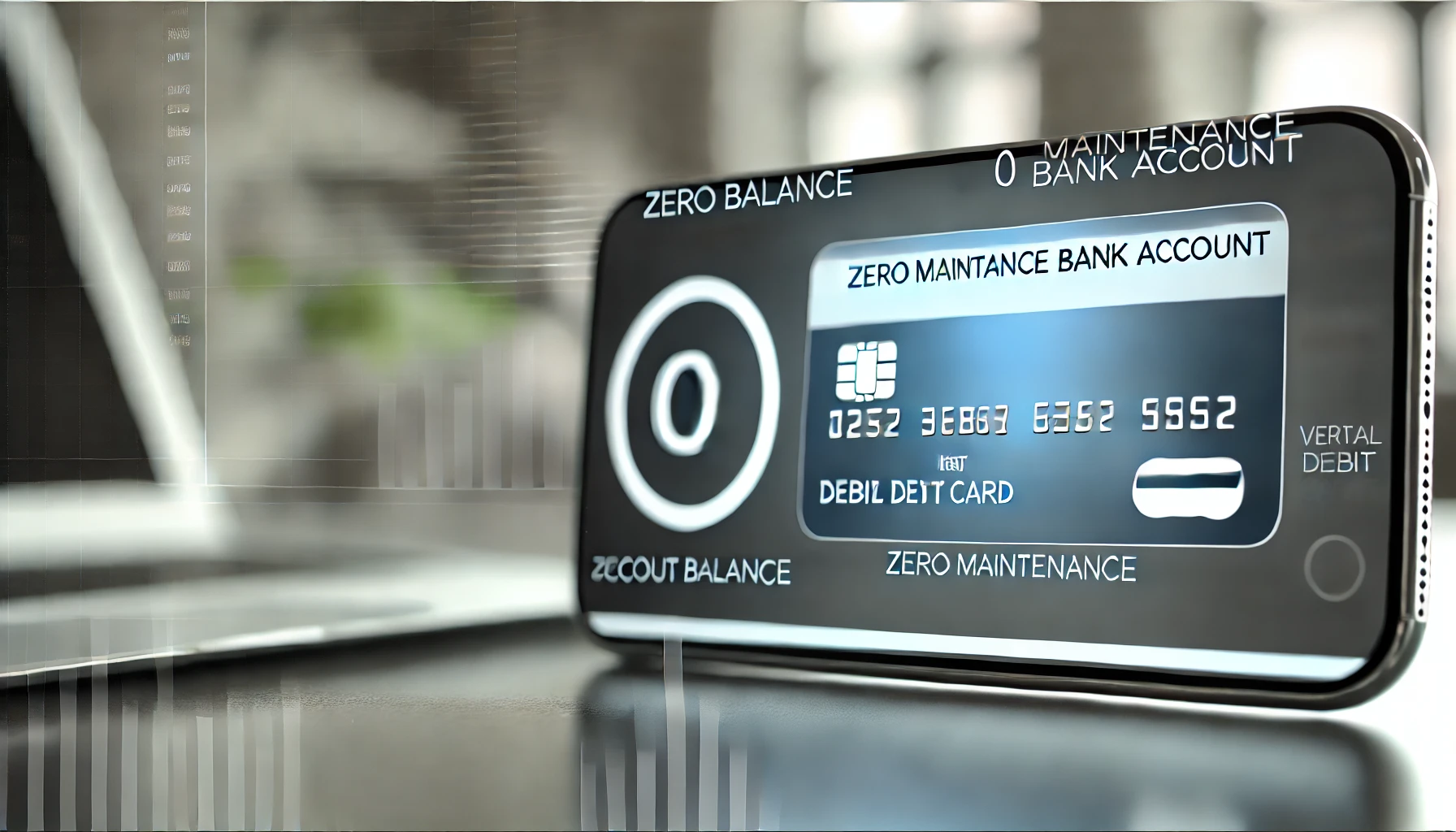In today’s digital age, financial literacy and access to banking services are increasingly important for young people. One common question from teenagers is: “Can I get an ATM card before 18?” The short answer is yes, but with certain conditions. This article explores the options available for obtaining debit cards for under 18, the associated age limits, and how young people can manage their finances with the guidance of a parent or guardian.
1. Can I Get an ATM Card Before 18?
If you’re under 18, getting a traditional ATM card linked to a bank account is possible, but it usually comes with certain limitations and conditions. Banks typically offer specialized debit cards for under 18, often linked to a parent or guardian’s account. These cards allow teenagers to experience banking while ensuring some level of parental oversight.
The good news is that several banks now offer debit cards designed specifically for minors, enabling them to manage their pocket money, allowances, or small savings efficiently. However, the debit card age limit plays a significant role in determining the types of cards available.
2. Minimum Age for an ATM Card
In most countries, the minimum age for an ATM card is 18, which is the legal age for opening an independent bank account. However, banks offer alternatives for minors with parental consent. Depending on your region, here are the common age-related rules:
- Under 18: You can usually get a debit card under the supervision of a parent or guardian.
- Ages 10-17: Several banks offer specialized debit cards for teenagers. These cards may have spending limits and require a linked account for parental control.
- Below 10: It’s rare to find an ATM or debit card for children below 10, but some financial products allow parental access to a savings account.
3. Types of Debit Cards for Under 18
Banks offer different types of debit cards for under 18, depending on the teenager’s age and the banking regulations in their country. Below are some common types of accounts and cards available:
a. Junior Savings Account with Debit Card
Many banks offer junior savings accounts, allowing teenagers to save money and receive a debit card for transactions. These accounts typically require parental involvement and offer features such as:
- Spending Limits: Parents can set a daily transaction or withdrawal limit.
- Online Access: The minor can access online banking, but certain features may be restricted.
- Parental Monitoring: The parent or guardian can monitor all transactions and control card usage.
b. Prepaid Debit Cards
Prepaid debit cards are a popular option for minors as they do not require a traditional bank account. Parents can load money onto the card, and the child can use it for purchases or withdrawals. Key features include:
- Spending Control: Parents can limit how much money is loaded onto the card.
- No Overdraft Risk: Since it’s prepaid, the cardholder cannot spend more than the available balance.
c. Student Bank Accounts
For teenagers above the age of 13, many banks offer student bank accounts. These accounts provide debit cards with fewer restrictions than junior accounts, but they still require parental approval. Some features include:
- Higher Withdrawal Limits: Student accounts typically have higher withdrawal and spending limits than junior accounts.
- Online Banking Access: Teenagers can manage their money online and learn about financial independence.
4. Which Banks Offer Debit Cards for Minors?
Many banks around the world have recognized the need for teenagers to learn financial independence, offering debit cards for under 18. Below are some notable banks and their offerings:
- ICICI Bank (India): Offers a “Young Stars” account for minors aged 10-18, which includes an ATM and debit card with parental control.
- SBI (State Bank of India): Offers a Pehla Kadam and Pehli Udaan savings account for children, allowing them access to ATM and internet banking with restrictions.
- HDFC Bank: Provides a children’s savings account with a debit card for under 18 that has limited transaction capabilities.
- Capital One (USA): Offers the Money Teen Checking Account, which comes with a debit card for minors, allowing both spending and saving.
5. Debit Card Age Limit and Requirements
As mentioned earlier, the debit card age limit varies depending on the banking regulations in your country. Typically, minors need a parent or guardian to co-sign the account. Some common requirements for obtaining a debit card include:
- Age Restrictions: The child must be at least 10 years old to qualify for a junior account or debit card.
- Parental Consent: A parent or guardian must be present when opening the account, and they retain oversight on spending and usage.
- Identification: Both the minor and the parent/guardian must provide identification documents, such as a passport or birth certificate.
6. Benefits of Debit Cards for Minors
Having access to a debit card before the age of 18 offers numerous benefits for teenagers. It helps them develop responsible spending habits and learn how to manage their money. Here are some key advantages:
a. Financial Independence
By having their own debit card, minors can start managing their own money from an early age. This allows them to understand the value of saving and spending wisely.
b. Budgeting Skills
Parents can teach their children how to set a budget and stick to it. With a limited balance on the card, teenagers can learn how to allocate funds for different needs and wants.
c. Parental Control
Most debit cards for under 18 come with features that allow parents to monitor transactions and set spending limits. This ensures that teenagers do not misuse the funds or overspend.
d. Security
Unlike cash, debit cards offer security. In the event the card is lost or stolen, parents can easily block the card and prevent unauthorized access.
7. Potential Downsides
While having a debit card before 18 can be beneficial, it also comes with some potential downsides:
- Overspending: Without proper guidance, teenagers might overspend and deplete their funds.
- Limited Usage: Many debit cards for minors have transaction limits and cannot be used internationally or for certain types of purchases.
- Fees: Some junior or student accounts may have fees for services such as ATM withdrawals or card replacements.
8. How to Apply for a Debit Card Before 18
To apply for a debit card before 18, follow these steps:
- Step 1: Visit your chosen bank with a parent or guardian.
- Step 2: Open a junior savings or student account designed for minors. You will need identification documents, such as a birth certificate and ID proof for both the minor and the parent.
- Step 3: Complete the necessary paperwork, and ensure that your parent or guardian co-signs the account.
- Step 4: Once the account is activated, the bank will issue a debit card for the minor.
9. Conclusion
Yes, you can get an ATM card before 18, but the process requires parental involvement, and the card will come with certain restrictions. As banks evolve to meet the needs of younger customers, more options are becoming available to help minors develop financial responsibility at an early age. Whether through junior savings accounts, prepaid cards, or student accounts, teenagers can gain access to debit cards and begin their financial journey in a secure and monitored way.
When selecting a debit card for under 18, parents and guardians should consider factors such as transaction limits, fees, and the level of parental control available. With the right guidance, young people can use these tools to build a solid foundation of financial literacy before entering adulthood.

How much amount can be withdrawn from cheque
Cheques are a traditional yet effective way to withdraw money from your bank account. Whether …

Can I Get an ATM Card Before 18? A Comprehensive Guide
In today’s digital age, financial literacy and access to banking services are increasingly important for …

Zero Maintenance Bank Account: The Ultimate Guide
In today’s fast-paced world, people want banking solutions that offer convenience without unnecessary charges. One …

How to Convert a Salary Account to a Savings Account: A Step-by-Step Guide
A salary account is typically provided by your employer to deposit monthly salaries. It often …


















